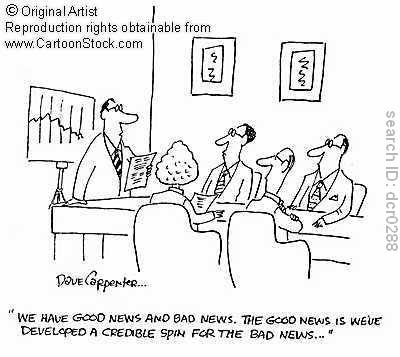I realised something today about autism. I realised that despite spending the best part of a year immersing myself in all things autism, reading every book, blog and website about the subject possible,and despite living with a four-year old autistic boy, I still really struggle to answer the simple question, ‘what is autism?’
I’ve mostly been asked this question by relatives, but variations of it crop up from all sorts of places. I’ve even been asked at work, and I work in a school. I usually begin by telling them it is a disability and a condition that affects the brain. After that, I start to struggle.
It’s not that I don’t understand autism. Since my son’s diagnosis last March I’ve come a long way in learning about it both first hand and through educating myself. My son is four year’s old and in his first year at (mainstream) school. Our story is probably very typical: at around two and a half we grew concerned about speech, communication and general behaviour. The usual struggle for diagnosis, support, and educational provision followed. In the process I came to learn about educational statements, speech and language therapy, disability living allowance, Specialist early year’s services, Sunderland tests, social stories and countless other things. I’ve read the books and I’ve been there at every step of my autistic child’s development. It’s all well documented in my blog which you can read here.
So my difficultly in explaining autism does not stem from a lack of understanding, ignorance or, I hope, problems in expressing myself. The truth of the matter is this: how can you possibly explain autism to a person in a way that will help them understand? That will truly help them to understand the condition. How can you possibly find the right words that will help them realise what autism is like for your child and for your family?
Asking or expecting someone to understand, to really understand, is unrealistic. That’s why it is so difficult to explain what autism is. I could tell them about the triad of impairments, about the lack of theory of mind and the sensory processing difficulties. I could reel off a whole load of information about the condition. But I doubt it would really tell them anything about my son. A wiser person than me wrote, “If you know one child with autism, you know one child with autism.” The condition is so varied, affects people in such different ways, that finding an adequate, all-encompassing explanation is, I think, impossible. How could a simple explanation ever help someone understand the roller coaster ride that is life with autism (both for the child and their family)? The only way to really understand autism, and the effects it has, is by living with autism.
It is the families who live with autism themselves who know what life is really like. I am lucky in that I have a great deal of support from my family and those around me. But they don’t understand. Sympathy is not the same as empathy. For us, the best support has come from reaching out to those in a similar situation, whether it be through support groups, social networking, or blogs. That is why blogs such as this one by Stuart Duncan are so important, and it’s why I blog too.
I’d like to thank Stuart and the other contributors to this blog. By writing about the condition from the ‘inside’, you are reaching out to those in a similar situation. I expect that many people out there have no one who they can really explain autism to. This blog helps them realise they are not alone.
B’s Dad












